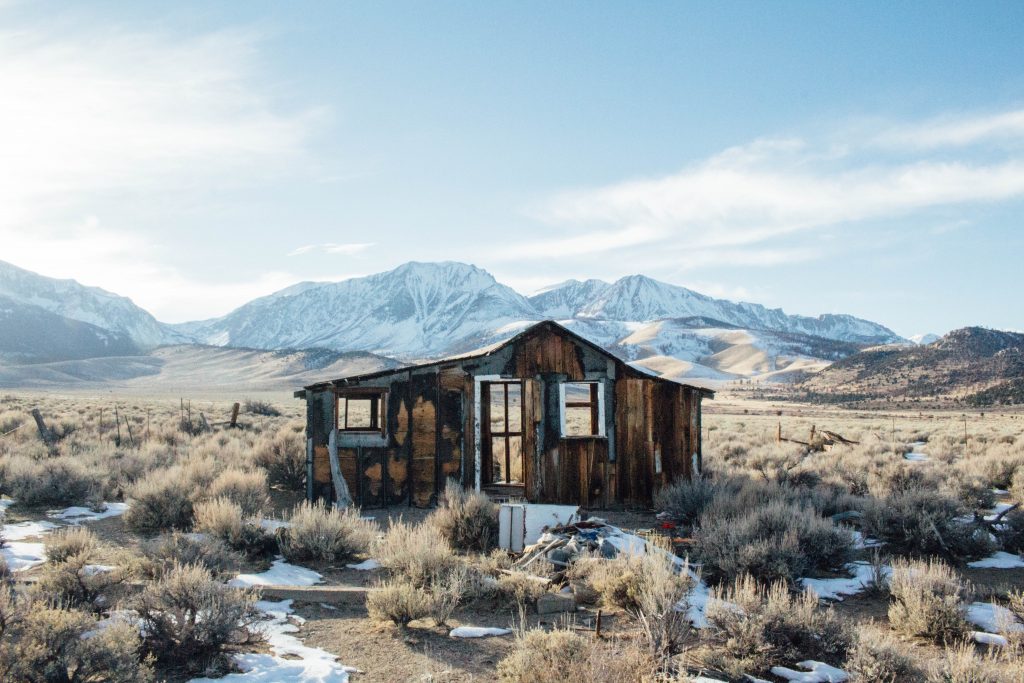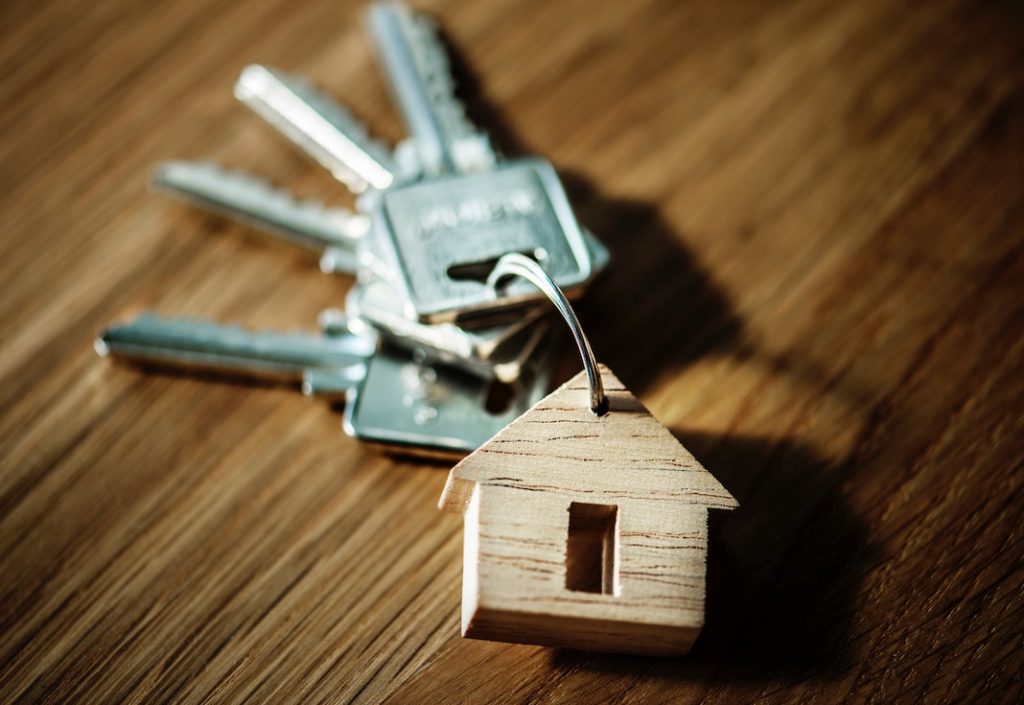Real estate investments are a great way to diversify your portfolio. However, purchasing rental properties is beyond the budget for many people. What if there was a way to make money without the expense of a second property? Nowadays, you can make extra income by renting out your home. Some homeowners choose to rent out their entire home and downsize to simpler accommodations. Another option is renting out single rooms in your home and hosting guests through sites like Airbnb and Flipkey. Before listing your property, here are some important considerations about renting out your home.
Know the Market Demands
The first thing to consider is your home’s rental appeal. Just because you have the space doesn’t automatically mean people will want to pay for it. It’s important to know the real estate demands in your location to determine if renting out your home will be profitable in the long run. If the demand is low, it will be difficult to find renters.
The second consideration should be curb appeal. A little research will give you a better idea of what features are appealing to potential tenants. Compare your property to others in the neighborhood to see if your home would be an attractive option. You will need to complete all home repairs and should consider other small updates that can add value to your home. First impressions are lasting, so be sure that your home is memorable for all the right reasons.
The Finances of Renting out your Home
Your first financial question will be how much to charge your renters. Knowing the local real estate market will give you a clearer idea of rates. You can start by comparing your property to similar homes in your neighborhood. Be sure to set a price that will cover any additional expenses and keep you in the black each month.
The whole point of renting out your home is to bring in more income. However, any savvy investor will tell you that you must spend money to make money. Transforming your home into a rental property takes time, investment, and attention to detail. Home repairs and property management can be both pricey and unexpected. Before listing your property, assess how much work and the approximate costs of what needs to be done.
If you decide your home is ready for the real estate market, the next step is to get the word out. The advertising strategy depends on whether you are renting a single room, an entire property, or looking for long-term renters. Rental sites offer a wide range of options in accommodations and let you have a look at the competition in your area. Some websites require a membership fee while others take a percentage after booking. Many homeowners choose to hire a professional property management company to handle the advertising and daily details. Choose the best option that keeps you under budget. The last thing you want is to drive yourself into debt before you begin.
The Legal Aspects of Renting your Home
Before you take the plunge into the real estate market, you should also consider the legal aspects of renting out your home. Each state has specific laws regulating rental properties and reporting of additional earned income. It’s wise to contact the City Housing Administration and a Certified Public Accountant to ensure you are complying with all state and federal laws.
You should also familiarize yourself with the Residential Tenancy Act so you understand both the property owner’s obligations and tenants’ rights. Draw up a rental agreement that outlines the rules, security deposits, rent collection, repairs, fines, terminations, and agreement to inspection. There are lease templates available online, but it’s smart to consult with a lawyer.
Notify your insurance company as well to update your policy and make sure the property is covered. Gaps in the coverage could leave you vulnerable in case of an accident. Knowledge and full compliance with the laws will keep you and your investments safe against severe fines or legal claims.
Taking the Leap
There are a lot of financial, legal and personal considerations when you decide to rent out your home. It is not something that should be taken lightly. Learn what it takes to manage an investment property and turn a profit. If your pro list outweighs the cons, then it’s time to get out there and start making money by renting out your home!
Read More
- Grow Rich with Real Estate
- How to Buy a Second Home: Make Sure You’re Prepared
- Why You Absolutely Need Rental Insurance
Jenny Smedra is an avid world traveler, ESL teacher, former archaeologist, and freelance writer. Choosing a life abroad had strengthened her commitment to finding ways to bring people together across language and cultural barriers. While most of her time is dedicated to either working with children, she also enjoys good friends, good food, and new adventures.




